The total value of agri-commodity imports in 2019-20 was $19.91 billion, with vegetable oils accounting for the lion’s share (48 per cent).
Due to the political unrest in Myanmar, imports of urad dal (black gramm) into the country may be hampered this year. However, rather than importing urad dal from other countries, the government should encourage farmers to increase urad dal cultivation and assist India in becoming a ‘Atmanirbhar,’ according to Maharashtra farmers who have raised the questions to the central government for its import policies that are affecting the farming community.
‘Higher prices for common food items in the country would encourage more cultivation. Increased production essentially means that the government will no longer be reliant on imports. When agricultural produce prices rise just above the MSP, the trading community insists on imports. According to agriculture analyst Deepak Chavan, the import policy is harming both farmers and farming’.
Also Read: Imports of Urad used in food items, Idli and Dosa is crucial to bridge demand-supply gap
Tur dal farmers in Marathwada and Vidarbha were expecting around ₹ 8,500-8,700 per quintal, compared to the MSP of ₹ 6,000, but the government decided to extend the timeline for letting tur imports.
‘Farmers expected to recoup cotton and soyabean losses by selling tur dal at higher prices. However, the government extended the permission for tur dal imports until December 2020 and reduced the market price of raw tur dal by more than $2,000 per quintal. How can farmers double their income if the government makes it difficult to do so?’ farmer PP Pawar asks.
Interestingly, the Ministry of Agriculture informed the Lok Sabha that vegetable oils, pulses, cashews, fruits, and spices account for the majority of India’s agricultural imports.
Also Read: Edible oils imports dropped by 27% in Feb 2021 due to excessive imports and higher prices
‘To reduce dependence on imported pulses and edible oils, the government has been implementing various programmes, including the National Food Security Mission (NFSM) and NFSM-Oilseeds and Oil Palm, to keep improving domestic production of pulses and important edible oils. Furthermore, funds are being provided to states under the Rashtriya Krishi Vikas Yojana (RKVY) to improve pulse production,’ Agriculture Minister Narendra Singh Tomar told the House.
He went on to say that the government is also implementing several flagship schemes to ensure agricultural self-sufficiency.
Also Read: Tur farmers get more price in open market than NAFED’s MSP

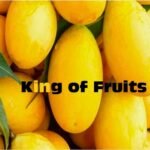
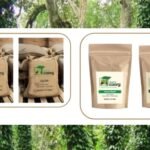
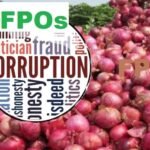
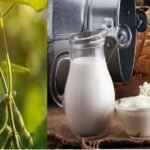
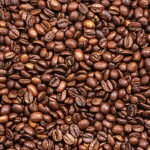

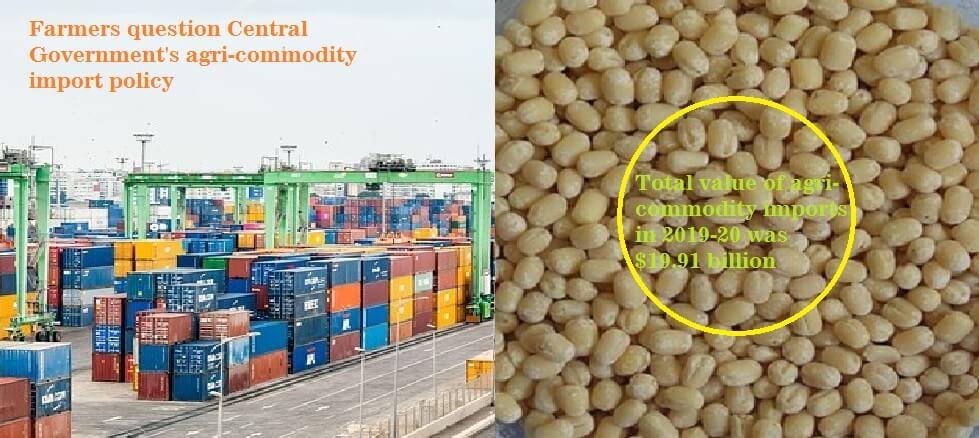










Add Comment